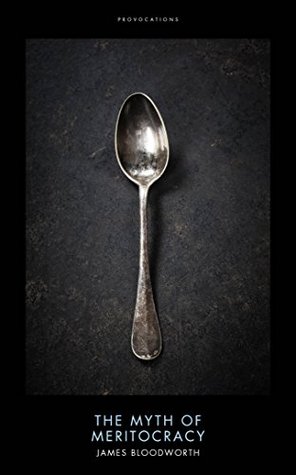More on this book
Kindle Notes & Highlights
Read between
February 24 - February 25, 2019
‘tripartite’ system of education. This included grammar schools, secondary modern schools and technical schools.
The different schools were intended to provide separate but equal schooling geared to children of different abilities.
The inequalities perpetuated by the tripartite system – most working-class children ended up at secondary moderns – led to the formation of the comprehensive movement, which campaigned on the principle of one type of secondary education for all. This policy was ultimately adopted by the
Between 1980 and 2015, the Conservatives did not open any new grammar schools and nor did Labour close any existing ones.
Both Harold Wilson and the former Conservative leader Michael Howard attended grammar schools, as did Margaret Thatcher and Sir John Major.
both Tony Blair and David Cameron were educated at independent schools.
The rich still managed to pay private tutors to beat the 11-plus.
According to the Institute for Fiscal Studies, deprived children are significantly less likely to get into a grammar school than the most privileged, even when they achieve the same grades aged eleven.90
Nor do global comparisons reflect favourably on grammar schools: nine of the ten best education systems in the world are comprehensive.
does a just society anoint a handful of people based on the extremely narrow criteria of IQ?
the desire to return to educational selection is part of a conservative desire to justify economic inequalities on the basis of natural ability. Unjust rewards are considered just if they occur as a result of merit.
but a good number of goats are able to use the advantage accrued by their parentage to pass as sheep.
‘The existence of such opportunities … depends not only on an open road, but upon an equal start.’
Differences in learning ability obviously exist, but there is great danger in making these into separate and absolute categories. It is right that a child should be taught in a way appropriate to his learning ability, but because this itself depends on his whole development, including not only questions of personal character growth but also questions of his real social environment and the stimulation received from it, too early a division into intellectual grades in part creates the situation which it is offering to meet.94
Unequal outcomes generate unequal opportunities. Educational selection at age eleven is ultimately liable to become a self-fulfilling prophecy.


